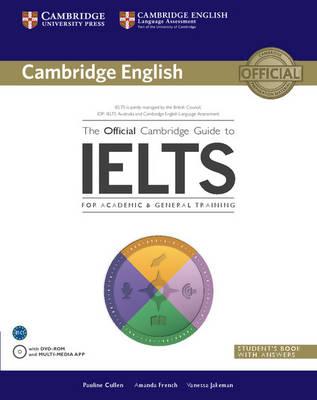The Limits Of Expertise: Rethinking Pilot Error And The Causes Of Airline Accidents paperback english - 30/Jan/07
Now:
AED 302.00 Inclusive of VAT

Get it by 17 Jan

Pay 4 interest-free payments of AED 75.50.Learn more

Split in 4 payments of AED 75.50. No interest. No late fees.Learn more

Earn AED 15.10 cashback with the Mashreq noon Credit Card. Apply now




1
Free delivery on Lockers & Pickup Points
Learn more
Enjoy hassle free returns with this offer.

Item as Described
70%
Partner Since
7+ YearsSpecifications
| Publisher | Taylor & Francis Ltd |
| ISBN 13 | 9780754649656 |
| Book Subtitle | Rethinking Pilot Error And The Causes Of Airline Accidents |
| Book Description | Why would highly skilled, well-trained pilots make errors that lead to accidents when they had safely completed many thousands of previous flights? The majority of all aviation accidents are attributed primarily to human error, but this is often misinterpreted as evidence of lack of skill, vigilance, or conscientiousness of the pilots. The Limits of Expertise is a fresh look at the causes of pilot error and aviation accidents, arguing that accidents can be understood only in the context of how the overall aviation system operates. The authors analyzed in great depth the 19 major U.S. airline accidents from 1991-2000 in which the National Transportation Safety Board (NTSB) found crew error to be a causal factor. Each accident is reviewed in a separate chapter that examines events and crew actions and explores the cognitive processes in play at each step. The approach is guided by extensive evidence from cognitive psychology that human skill and error are opposite sides of the same coin. The book examines the ways in which competing task demands, ambiguity and organizational pressures interact with cognitive processes to make all experts vulnerable to characteristic forms of error. The final chapter identifies themes cutting across the accidents, discusses the role of chance, criticizes simplistic concepts of causality of accidents, and suggests ways to reduce vulnerability to these catastrophes. The authors' complementary experience allowed a unique approach to the study: accident investigation with the NTSB, cognitive psychology research both in the lab and in the field, enormous first-hand experience of piloting, and application of aviation psychology in both civil and military operations. This combination allowed the authors to examine and explain the domain-specific aspects of aviation operations and to extend advances in basic research in cognition to complex issues of human performance in the real world. Although The Limits of Expertise is directed to aviation operations, the implications are clear for understanding the decision processes, skilled performance and errors of professionals in many domains, including medicine. |
| About the Author | Dr Dismukes is Chief Scientist for Human Factors in the Human Factors Research & Technology Division at NASA Ames Research Center. His current research addresses cognitive issues involved in the skilled performance of pilots, their ability to manage challenging situations, and their vulnerability to error; prospective memory; and management of attention in concurrent task performance. Captain Berman is a senior research associate at San Jose State University/NASA Ames Research Center and flies the Boeing 737 for a major air carrier. He is the former Chief of Major Investigations of the U.S. National Transportation Board, where he previously led the Operational Factors Division, served as a member of the major accident go-team responsible for flight operations, and managed safety studies. Dr Loukopoulos is a Senior Research Associate at NASA's Human Factors Research and Technology Division. She currently resides in Athens, Greece where she serves as a human factors consultant to the Greek Air Accident Investigation and Safety Board and where she served on the Helios Airways 2005 accident investigation. She also continues her collaboration with NASA through the San Jose State University Foundation. |
| Language | English |
| Author | Dr. R. Key Dismukes, Benjamin A. Berman, Loukia D. Loukopoulos |
| Editor | Professor Sidney Dekker, Captain Daniel E. Maurino |
| Publication Date | 30/Jan/07 |
| Number of Pages | 364 |
The Limits Of Expertise: Rethinking Pilot Error And The Causes Of Airline Accidents paperback english - 30/Jan/07
Added to cart
Cart Total AED 302.00


























































































































